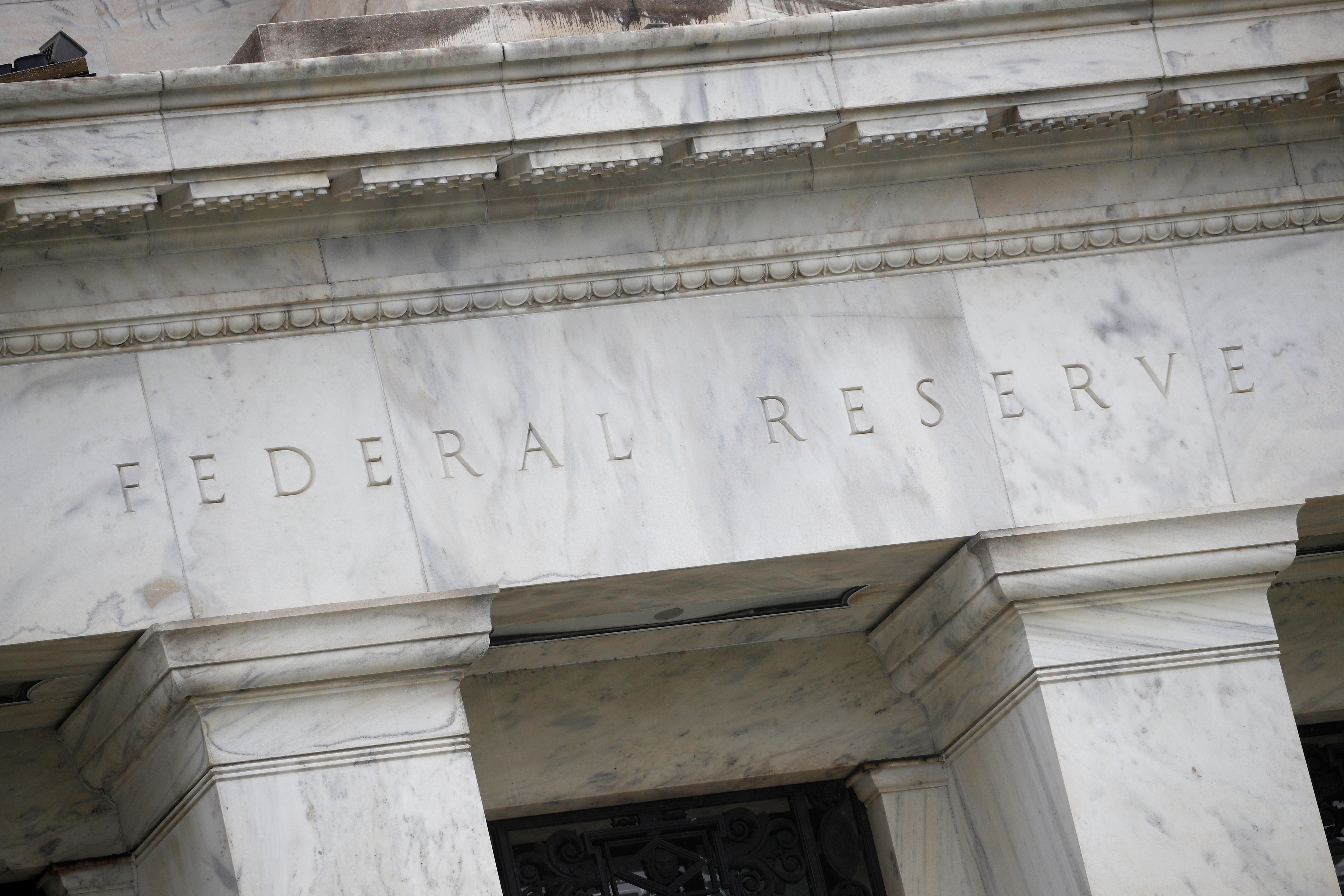COVID-19 government disaster loans saved businesses, but saddled survivors with debt
In 2020 and 2021, COVID-19 Economic Injury Disaster Loans were a lifeline for small businesses

Your support helps us to tell the story
From reproductive rights to climate change to Big Tech, The Independent is on the ground when the story is developing. Whether it's investigating the financials of Elon Musk's pro-Trump PAC or producing our latest documentary, 'The A Word', which shines a light on the American women fighting for reproductive rights, we know how important it is to parse out the facts from the messaging.
At such a critical moment in US history, we need reporters on the ground. Your donation allows us to keep sending journalists to speak to both sides of the story.
The Independent is trusted by Americans across the entire political spectrum. And unlike many other quality news outlets, we choose not to lock Americans out of our reporting and analysis with paywalls. We believe quality journalism should be available to everyone, paid for by those who can afford it.
Your support makes all the difference.In 2020 and 2021, COVID-19 Economic Injury Disaster Loans were a lifeline for small businesses.
But now some small businesses are having trouble paying them off. And a Small Business Credit Survey report from the 12 Federal Reserve banks shows that small businesses that haven't paid off COVID-19 Economic Injury Disaster Loans are in worse shape than other small businesses.
Dwayne Thomas, owner of events lighting company Greenlight Creative in Portland, Oregon, got a roughly $500,000 EIDL loan in 2020, when all events shut down, crippling his businesses.
EIDL loans were designed to help small businesses stay afloat during the COVID-19 pandemic. Most of these loans have a 30-year term with a 3.5% interest rate. With lower interest rates than typical loans, the loans were provided for working capital and other normal operating expenses.
Thomas says his business would not have survived without the loan. But, at 64, his plan to sell his business in a few years and retire has been scuttled, since the 30-year loan has left his business saddled with debt, even though otherwise it's a healthy business that turns a profit.
“We’re as successful as we’ve ever been," Thomas said. “It’s just that we have this huge thing hanging over us at all times. It is not going away on its own.”
The SBA awarded about 4 million loans worth $380 billion through the program. More than $300 billion was outstanding as of late 2023. Unlike some other pandemic aid, these loans are not forgivable and must be repaid.
The survey by the Federal Reserve Banks found firms with outstanding EIDL loans had higher debt levels, were more likely to report challenges making payments on debt and were less likely to be profitable as of fall 2023, when the survey was conducted.
Firms with outstanding EIDL debt are also more likely to be denied when applying for additional credit. Half said they were denied for having too much debt.
Still, the survey stopped short of saying the disaster loans were a negative for companies. Some companies said they would have gone out of business altogether if it weren't from the loans. And it's impossible to measure whether the companies that haven't paid off these loans weren't in worse shape from the start.
Colby Janisch, a brewer at 902 Brewing Company in Jersey City, New Jersey, received a loan from the EIDL program of about $400,000. But unlike a loan for an asset that you can pay off, the loan just went to rent and other overhead costs. And Janisch said the outstanding debt stops them from taking on other loans for assets that could help the business.
“It's hindered us because we don’t want to take out any loans to invest in the company now because we have such outstanding (debt),” he said. “So it’s definitely like a weighing on us, of like what we do going forward.”